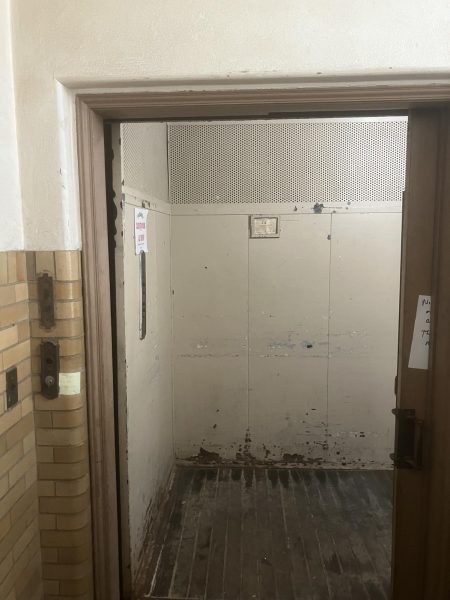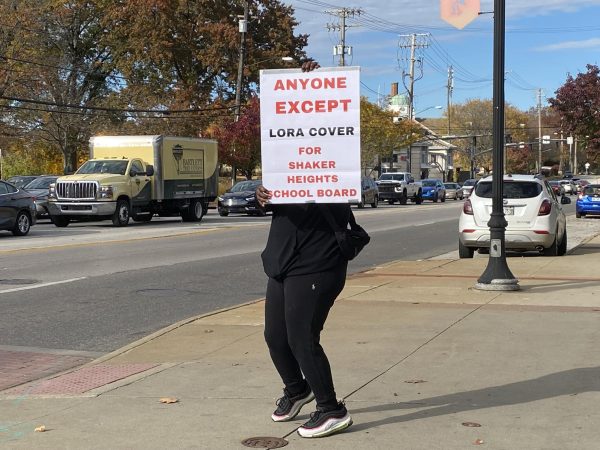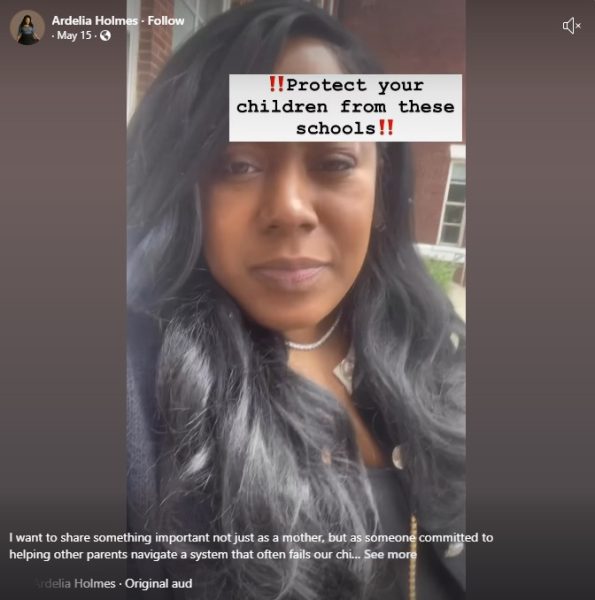Trial Postponed For Student Accused of Rape
Defense attorney procures time to file a motion that would close the trial to media; judge will rule on that motion Feb. 18
A judge postponed the trial for the male student charged with rape and kidnapping Sept. 23.
According to information provided by court spokeswoman Mary Davidson, the adjudicatory hearing, or trial, was scheduled to begin yesterday, but following “a media request to attend hearing,” the student’s attorney, Jaye Schlachet, requested that Cuyahoga County Juvenile Court Judge Alison Floyd give him additional time to file a motion for the trial to be closed to the public.
Floyd granted this request, giving Schlachet until Jan. 31 to file a motion providing the court with reasoning for why the trial should be closed, and Cuyahoga County Assistant Prosecutor Joanna Lopez, representing the state, until Feb. 4 to respond it. Floyd will rule on the motions Feb. 18.
Lopez said that “there will be a response” to Schlachet’s motion for closure, but declined to comment further. Schlachet’s partner, Eric Levy, declined to comment on behalf of Schlachet.
Lopez motioned yesterday to send the 15-year-old student back to the Cuyahoga County Juvenile Detention Center, where he was held immediately after he allegedly raped another student at the high school Sept. 10. Floyd denied this motion, ordering the student to remain on home detention with GPS monitoring.
The media request was submitted by Northeast Ohio Media Group, according to one of Floyd’s aides.
According to NEOMG, Floyd declined Lopez’ request that she view a surveillance video of the students taken at the high school the day of the alleged attack, saying she was familiar enough with the school’s layout and did not need to see the video to have the necessary context.
In an email interview, Emily Grannis, an attorney with the Reporters Committee for Freedom of the Press in Arlington, VA, said that she couldn’t speculate about the odds of the trial being open to the public. On why juvenile proceedings are often closed, Grannis said, “the theory is that there is more of a privacy interest and more damage possible to a juvenile if the public is allowed in, especially if the charge may be expunged from their record later on.”
The Ohio Supreme Court ruled in 2006 that juvenile “proceedings are neither presumed open or closed. Public access can only be restricted if, after hearing evidence and argument, the court finds: (1) public access could harm the child or endanger the fairness of the proceeding, (2) the potential for harm outweighs the benefits of public access, and (3) there are no reasonable alternatives.”
Grannis said that after ruling on Schlachet and Lopez’s motions Feb. 18, Floyd will set a new trial date.
Grannis is a former chief editor of The Shakerite.
For The Shakerite’s previous coverage of this incident, click here.





